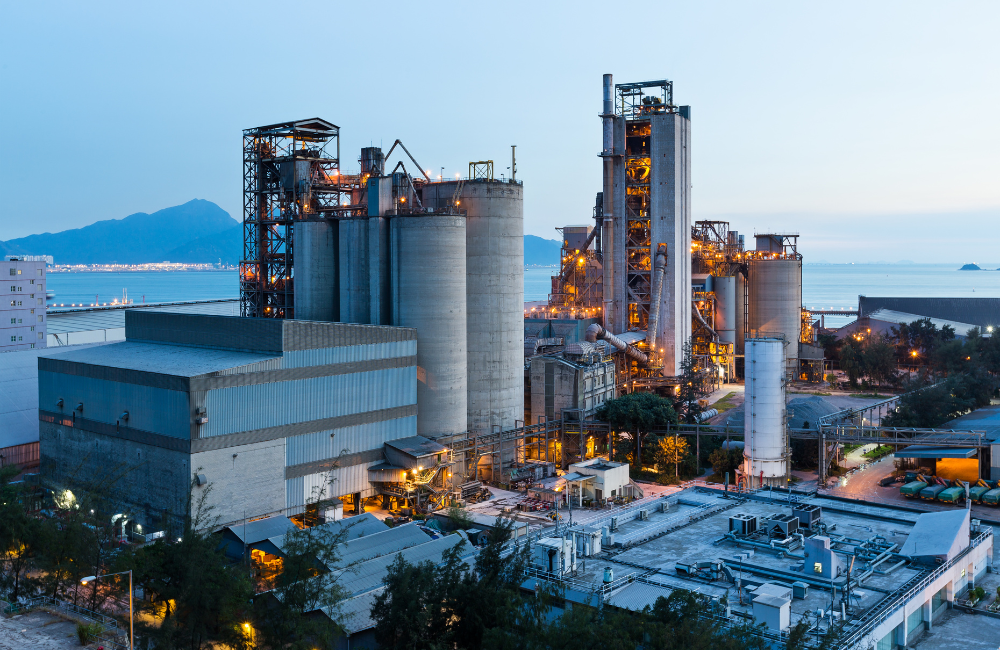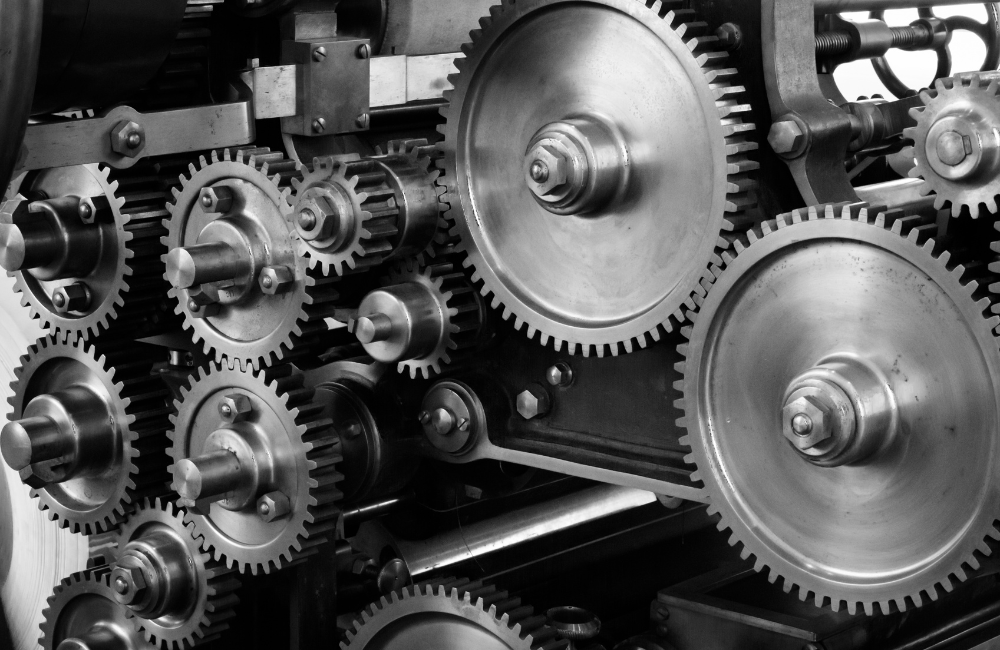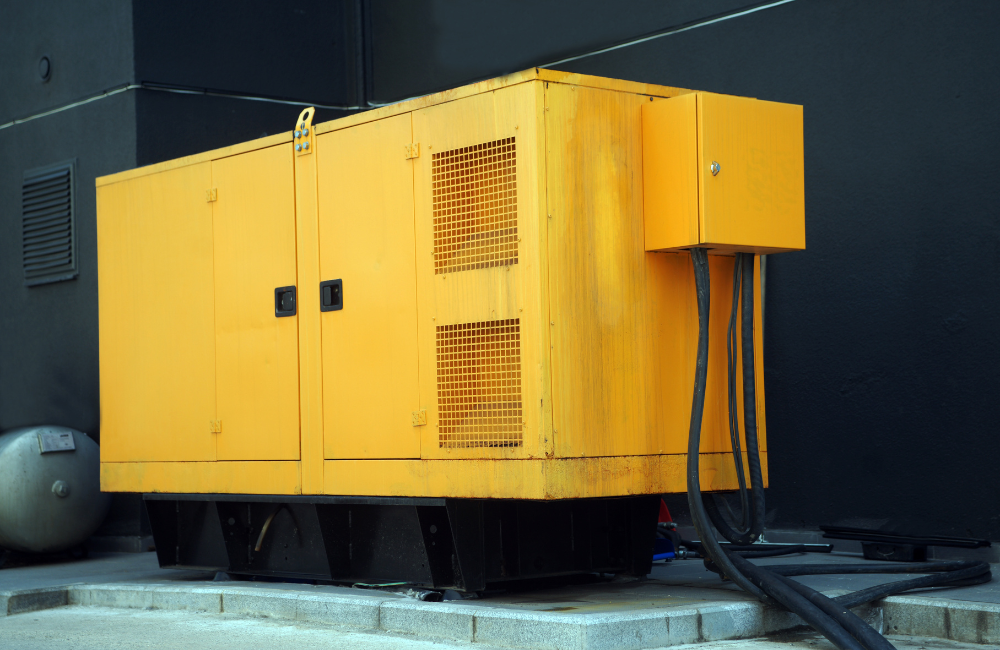
Our Guide To Industrial Backup Generators
When you’re working in an environment like a dusty mine, a dry outback landscape or an offshore oil rig, you need a tough generator that can supply you with continuous power no matter the conditions.
Industrial generators are similar to commercial generators but built specifically with these conditions in mind. Backup generators save you from a host of scenarios ranging from loss of revenue and productivity to, at worst, a dangerous situation. A good industrial backup generator will keep your construction site, manufacturing plant, concert, healthcare facility or telecommunications network running no matter what nature, equipment failure, human error or bad luck may throw at you. When your main power supply is interrupted, an industrial backup generator is equipped to step into the role.
Diesel generators are known for being robust, efficient, easy to use and delivering strong power outputs. They’re perfect for maintaining your power supply; you just have to find the right diesel industrial generator to hire.
What Are Industrial Generators?
Industrial generators are used specifically in industrial and commercial settings like construction sites, manufacturing plants and data centres. They’re built strong and made to provide high amounts of power to facilities that need it. They can produce up to two megawatts of power and survive harsh weather conditions.
Picking the right kind of industrial generator for your business involves taking into account your energy requirements, the kind of fuel that’s most accessible for you and how much space you have.
How Do Industrial Generators Work?

Industrial generators are made of the same basic components. There’s the engine, the alternator that moves the electrons, the fuel system, the voltage regulator that controls the conversion from AC to DC, the cooling, exhaust and lubricating systems, the control panel and the battery charger.
Rather than manufacturing energy, an industrial generator uses a principle called “electromagnetic induction”. Electrons from an internal source are harnessed through an electrical circuit and transformed into electrical energy. Simply put, a generator uses a magnet and a wire in order to create the flow of electrons. In this way, it’s similar to a water pump, which moves h20 electrons along and applies pressure to them.
In generator jargon, the “amperage” or the “current” is the number of electrons in motion, and the “voltage” is the amount of pressure pushing them. The alternator (which is also called the ‘gen head’) is the part that turns the engine’s mechanical output into an electrical one.
Generators run on a range of fuel sources, from natural gas to propane to solar power and more. Diesel generators are frequently used in industrial settings for a number of reasons. Diesel has a high energy density that gives you a large amount of energy for every unit of volume. It’s also a widely available fuel source that’s usually easy to access even if you’re in a remote location.
These are also reasons why diesel industrial generator hire is also a very good idea if you’re looking for a backup generator that won’t let you down. Backup generators protect your business from dissatisfied customers and lost productivity. They also help to guarantee you meet your legal requirements and prevent damage to sensitive equipment like medical devices. An industrial generator’s cost is usually a small price to pay for how helpful it turns out to be when power failure strikes.
General Industrial Generator Safety
When it comes to industrial generators, there are potential consequences for ignoring safety standards. Doing so can spark an electrical line, damage equipment, cause fires or lead to injury or death. Here are some safety tips to observe with a diesel industrial generator hire to make sure you and your team members stay safe and secure:
Choose the right generator for your power needs
The generator needs to produce more power than the equipment that will draw from it. Otherwise, you could blow a fuse or damage your equipment. If you don’t know what your power requirements are, Total Generators can help you with our power calculator.
Ensure your working area is well-ventilated
Using your industrial generator in a poorly ventilated area can lead to carbon monoxide poisoning. Symptoms include headaches, nausea, dizziness, weakness and confusion. Keep the generator at least fifteen feet away from doors, windows and other openings that can lead fumes into confined spaces. Don’t use inside any enclosed or partially enclosed structures.
Keep the generator dry
Operate your generator on a dry surface underneath some kind of canopy. Water and generators don’t mix, and you should never use a generator during a storm. Avoid touching the generator if you’re wet from rain or standing on a wet surface.
Keep unauthorised personnel away from the generator
The act of simply touching a generator while it’s operating can cause burns from the heat. To avoid serious injuries or worse, only allow people with proper training to access the generator.
Don’t connect to your electrical system without a transfer switch
Installing a transfer switch keeps the generator separate from the utility grid and stops the electricity from “backfeeding” into your business’s power lines, which can electrocute workers trying to repair outages.
Maintenance and Servicing of Industrial Generators

While different backup generators will have different requirements for maintenance and servicing, there are some weekly tasks that are pretty standard across all models. It’s recommended that you conduct weekly visual inspections, look for leaks, check the oil every week and change the oil after 100 hours of operation. Once a month, examine further components like the exhaust system, ventilation system, cables and battery.
Total Generators understand just how important reliability and performance are. That’s why we include 60-point services to evaluate the power supply performances of our industrial generators while they’re on hire. Our scheduled service includes a complete oil change, an electrical inspection, a performance test and checks on elements like battery charge, belts, hoses and cooling systems.
It’s a good idea to keep the generator as clean as possible on a daily basis and to make sure it’s free from rubbish and debris that could cause an electrical fire or blockage.
Taking into account factors like industrial generator cost, voltage and your own business requirements, Total Generators is the best choice for backup industrial generators.
Get Industrial Backup Generators from Total Generators
When you’re choosing an industrial backup generator, it helps to pick one that’s simple, efficient and easy to use so that you can focus on the responsibilities of your own business. Total Generators’ industrial diesel generator hire service provides stable and user-friendly generators designed for simplicity and efficiency.
Our power generator hire options are the first choice for many in strict safety-focused industries such as mining, defence, railways and energy stations. We keep our industrial generator’s cost comparatively affordable and always ensure exceptional value for money.
If you want more information about our industrial generators, advice on choosing the right one or a free quote, contact the team at Total Generators.


